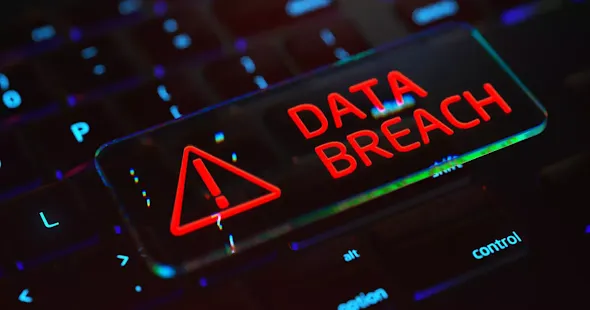In today’s interconnected world, data breaches have become alarmingly common, affecting individuals and businesses alike. These breaches can have devastating effects on your privacy, personal security, and even your financial well-being. With more sensitive data being stored online—from personal information to payment details—the risk of exposure is ever-present. Understanding the impact of data breaches and how to protect yourself is critical in maintaining your digital privacy.
What Is a Data Breach?
A data breach occurs when unauthorized individuals gain access to sensitive information, such as personal identification numbers, financial records, login credentials, or health data. These breaches can happen through hacking, phishing attacks, or by exploiting vulnerabilities in a company’s security systems.
Once your data is compromised, it can be sold on the dark web, used to commit identity theft, or manipulated for various forms of fraud. The consequences of a data breach can last for years, leading to significant financial and emotional stress.
The Immediate Impact on Your Privacy
1. Identity Theft
One of the most immediate dangers of a data breach is identity theft. Hackers often use stolen personal information to open credit accounts, apply for loans, or even file false tax returns in your name. Once your identity is stolen, it can take months or even years to fully restore your credit and reclaim your financial identity.
2. Financial Fraud
With access to your banking information or credit card details, cybercriminals can quickly drain accounts, make unauthorized purchases, or apply for credit under your name. The longer it takes to detect and report the fraud, the more damage can be done to your financial standing.
3. Loss of Privacy
Beyond financial harm, a breach of your personal data means losing control over your privacy. Once hackers obtain personal information such as your address, phone number, or social security number, this data can be used for targeted phishing attacks, harassment, or other forms of privacy invasion.
The Long-Term Impact of Data Breaches
1. Erosion of Trust
If your information is compromised due to a company’s negligence, it can erode your trust in businesses that handle your data. Consumers are more likely to avoid companies that have suffered breaches, leading to reputational damage for businesses and a reluctance to share data in the future.
2. Psychological Toll
The aftermath of a data breach can lead to anxiety, stress, and a sense of vulnerability. Victims often experience ongoing fear of further exploitation, and the process of recovering from identity theft or financial fraud can be emotionally exhausting.
3. Long-Term Financial Consequences
Even after you’ve recovered from a data breach, the long-term financial consequences can persist. Your credit score may be negatively impacted, making it difficult to secure loans, mortgages, or even jobs, as some employers conduct credit checks during the hiring process.
Protecting Yourself from Data Breaches
Given the widespread threat of data breaches, taking proactive steps to protect your privacy is essential. Here’s how you can reduce your risk:
1. Use Strong, Unique Passwords
One of the most effective ways to protect yourself from data breaches is by using strong, unique passwords for each of your online accounts. Password managers can help you generate and store complex passwords securely.
2. Enable Two-Factor Authentication (2FA)
Whenever possible, enable two-factor authentication (2FA) on your accounts. This adds an additional layer of security, requiring you to enter a code sent to your phone or email, making it more difficult for hackers to gain access.
3. Monitor Your Accounts
Regularly monitor your financial accounts and credit reports for suspicious activity. Many credit card companies and banks offer free alerts when unusual transactions occur, which can help you respond quickly to unauthorized activity.
4. Limit Data Sharing
Be mindful of the information you share online. Avoid giving out personal information unless absolutely necessary, and think twice before entering sensitive details on websites or platforms that may not have adequate security measures in place.
5. Use a Virtual Phone Number with Freefone.app
A practical way to protect your privacy is by using a virtual phone number, like the one offered by Freefone.app. Instead of sharing your personal number on websites, during online registrations, or in social media sign-ups, Freefone.app provides you with a secure secondary number, keeping your real number hidden from potential hackers and reducing the risk of spam or phishing attacks.
Conclusion
The impact of data breaches on your privacy is far-reaching, with immediate and long-term consequences that can be both financially and emotionally damaging. Taking proactive measures—such as using strong passwords, enabling two-factor authentication, and utilizing virtual phone numbers with tools like Freefone.app—can help protect your personal information and mitigate the risk of a data breach. In an increasingly digital world, safeguarding your privacy is more important than ever.




No comments:
Post a Comment